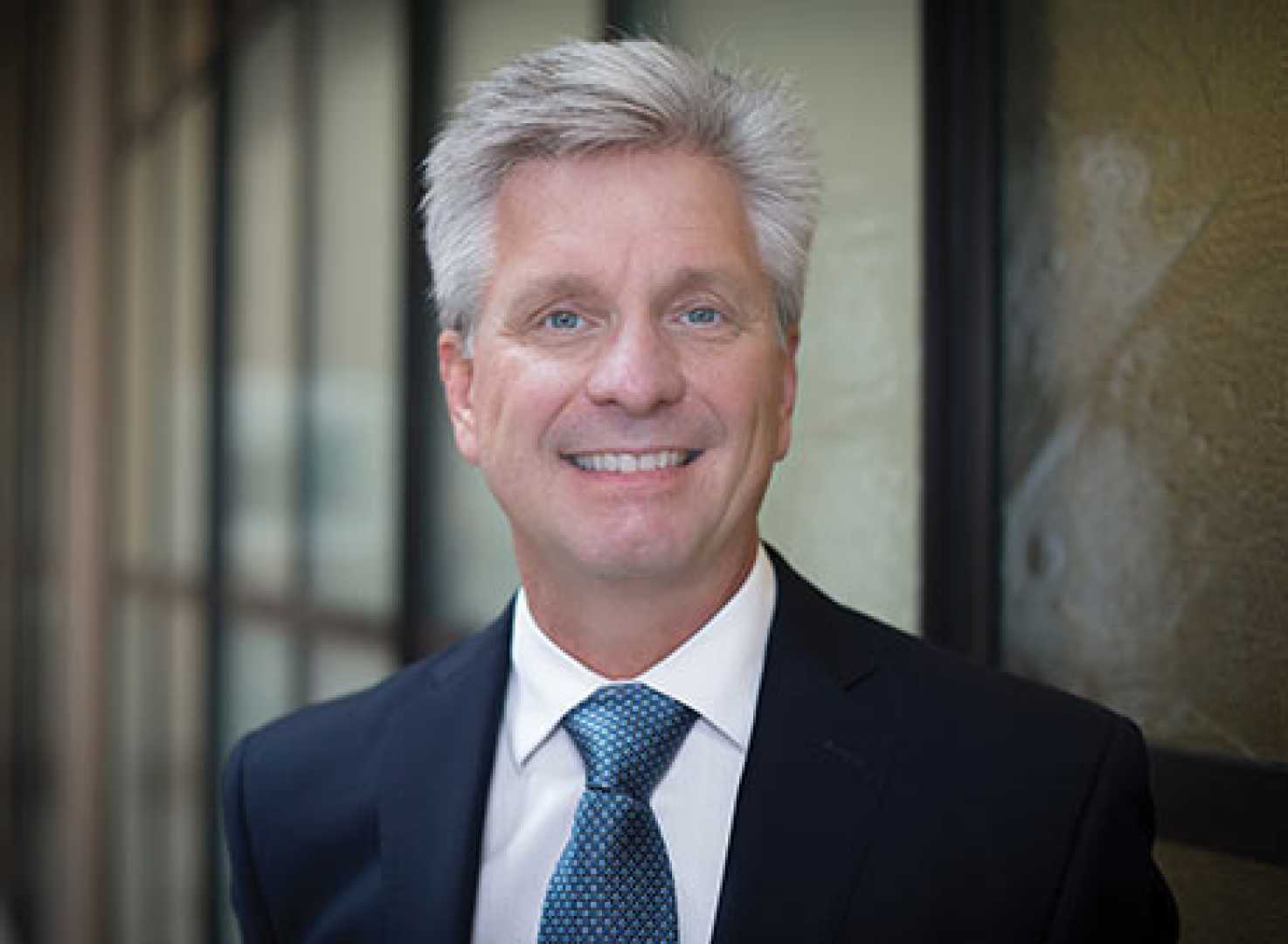Business
Christopher Waller Emerges as Top Candidate for Fed Chair

Washington, D.C. — Federal Reserve Governor Christopher Waller is being considered as a strong candidate to become the next chair of the central bank as tensions between former President Donald Trump and current chair Jerome Powell continue.
Waller has reportedly met with Trump’s team regarding the position but has yet to speak directly with the former president. After a Bloomberg report identified him as a leading contender, prediction markets, including Kalshi, have placed Waller’s chances of being chosen for the role above 50% for the first time.
This surge in support positions Waller ahead of other potential candidates, like the former director of the National Economic Council, who are currently polling at 20% and 35%, respectively.
Waller, a trained economist appointed to the Board of Governors in 2020 during Trump’s term, has recently gained attention following Trump’s outspoken criticisms of Powell. Trump has named various individuals as potential replacements to Powell.
In his first speech as a Fed governor, Waller emphasized the importance of the Federal Reserve’s independence. His stance favors lower interest rates, arguing that tariffs are unlikely to significantly drive inflation, which could suggest a need for a more accommodating monetary policy in response to a slowing labor market.
“My position does not mean I believe the FOMC should reduce the policy rate along a predetermined path,” Waller stated in a press release from August 1, 2025. “We can cut now and see how the data evolves.”
Waller’s position reflects his belief that if tariffs do not trigger significant inflation, the Fed can pursue gradual rate cuts. Conversely, if inflation or employment rises unexpectedly, the committee could pause its cuts. He noted the importance of avoiding a stagnant policy rate that might negatively affect the labor market.
Currently, Waller will serve out his term on the Board of Governors, which lasts until January 31, 2030. Prior to this, he worked as the executive vice president and director of research at the Federal Reserve Bank of St. Louis.
His extensive background includes teaching economics at the University of Notre Dame and research roles at prestigious institutions. He earned his BS in economics from Bemidji State University and a master’s degree and PhD from Washington State University, focusing on areas such as monetary theory and international banking integration.












